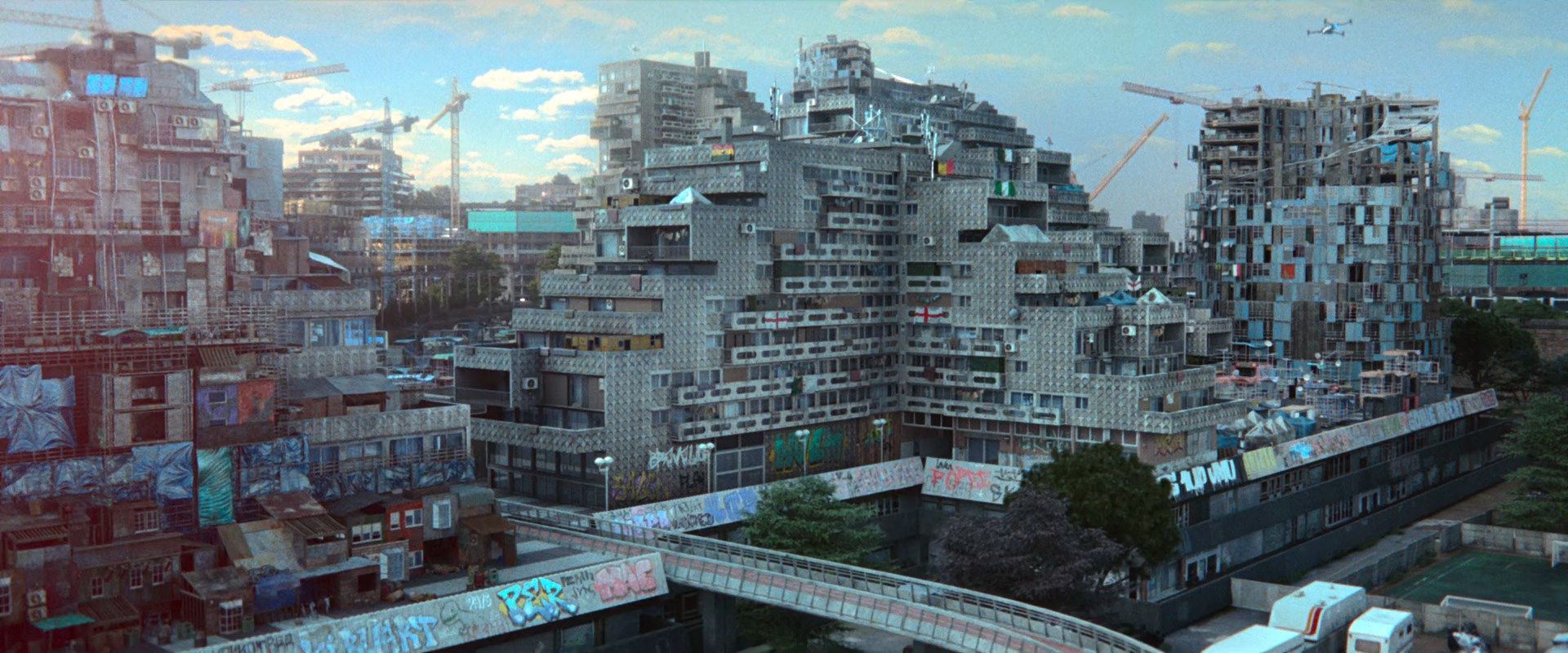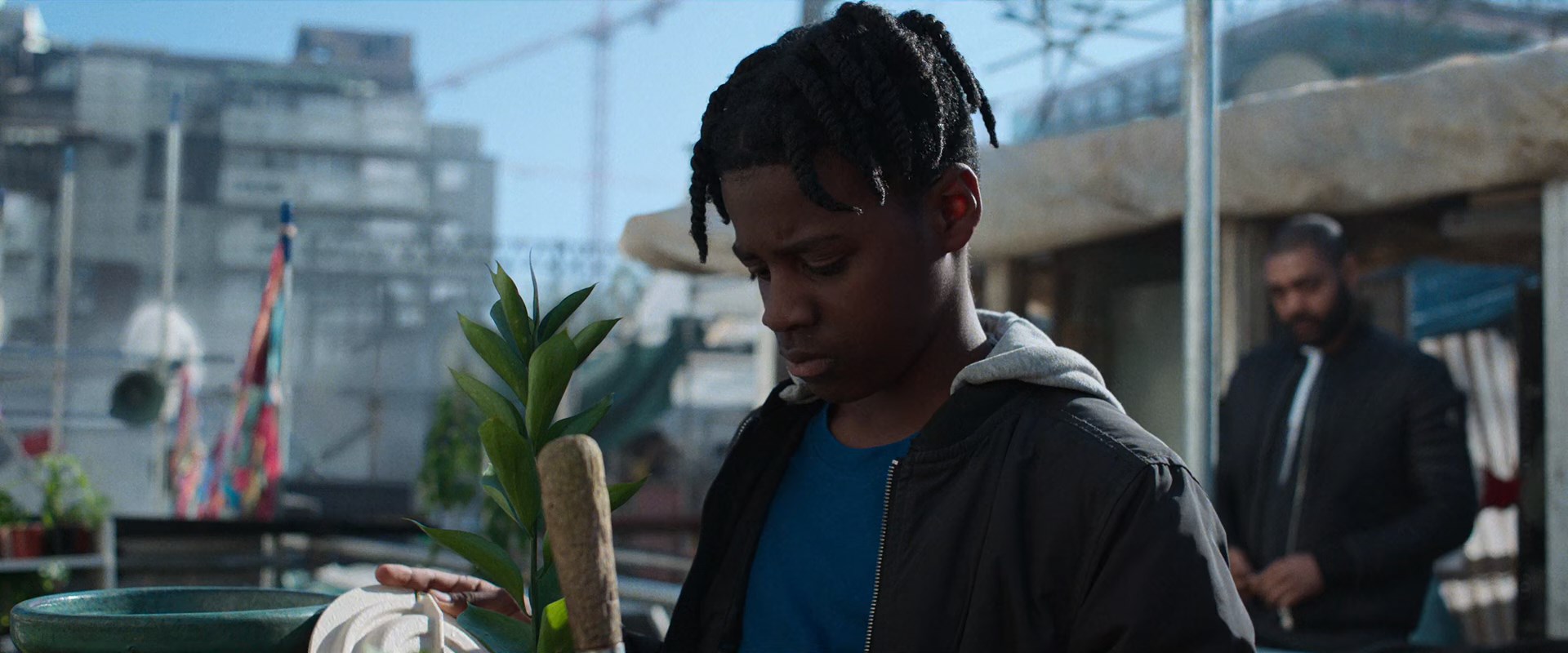The Kitchen: understand the ending of the Netflix film

The Kitchena dystopian film set in London and available on Netflixis the directorial debut of Daniel Kaluuyaknown for his roles in Run! It is No! Do not look! The film, which explores themes of reurbanization and class struggle, follows the story of Izi (Kane Robinson), a man determined to leave his deprived neighborhood, known as The Kitchen, for a luxury apartment.
Her life changes when Benji (Jedaiah Bannerman), a young man who could be her son, enters her life.
 Source: Netflix
Source: Netflix
Difficult choices in difficult times
The ending is marked by a series of dramatic and revealing events. Izi, initially focused on his own interests, begins to reconsider his priorities after the death of Lord Kitchener (Ian Wright), the DJ and spiritual leader of the community. This event leads him to allow Benji to live with him despite having moved into his new apartment.
At the same time, the young man joins a group of displaced residents of The Kitchen in a retaliatory attack against the upper class, but soon regrets it and returns home.
 Source: Netflix
Source: Netflix
The climax occurs when both come together in the neighborhood to replant the boy's mother's memorial tree, symbolizing a new union and commitment to the community. However, they are interrupted by another violent police raid.
While hiding, the young man asks the protagonist if he is his father, to which he responds affirmatively, but non-verbally. The final scene is left open-ended, with authorities knocking on the door and the fate of the characters uncertain.
Izi and Benji's uncertain future
At this crucial moment, tension reaches its peak. Benji's question and Izi's silent but meaningful response bring to light the complexity of their relationships and their emotional evolution throughout the film. The uncertainty about paternity, which permeates the narrative, finds a symbolic outcome, not only confirming the biological connection, but also the father's emotional and moral commitment to the boy.
 Source: Netflix
Source: Netflix
The film's open ending leaves viewers with unanswered questions. We don't know what happens to the two after the door is broken down. That ambiguity is intentional, forcing the audience to reflect on the implications of what they saw and to consider the realities of gentrification, class struggle, and community resistance.
The fate of Izi and Benji remains uncertain, but the message is clear: the fight for justice and equality is ongoing and often without clear resolution.





